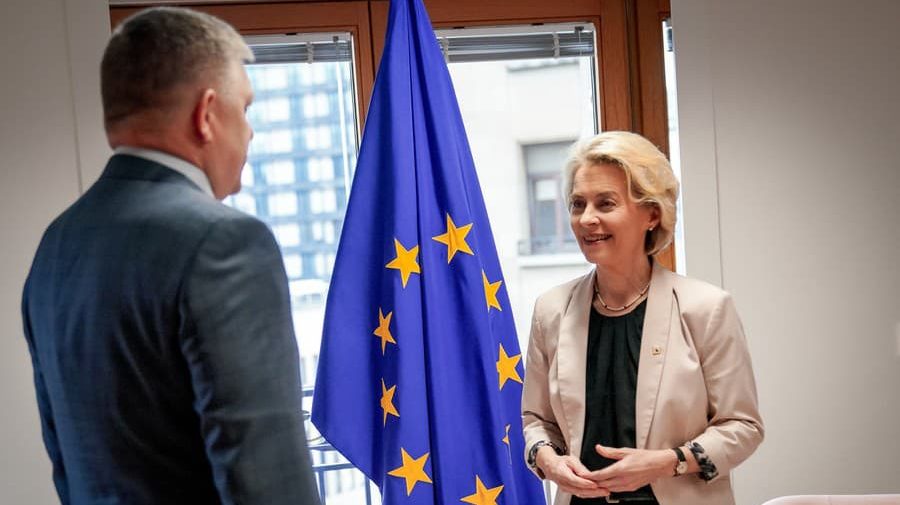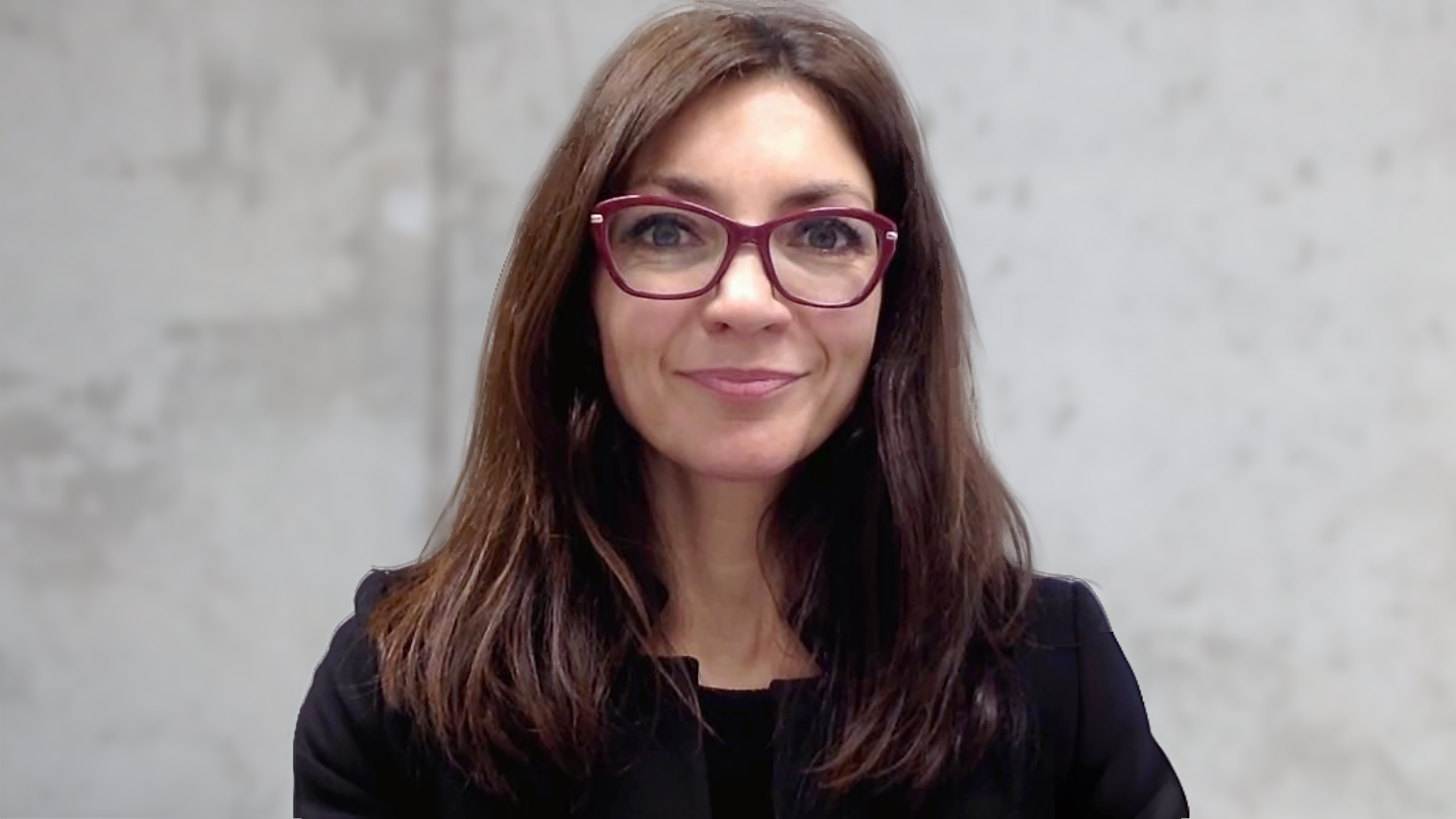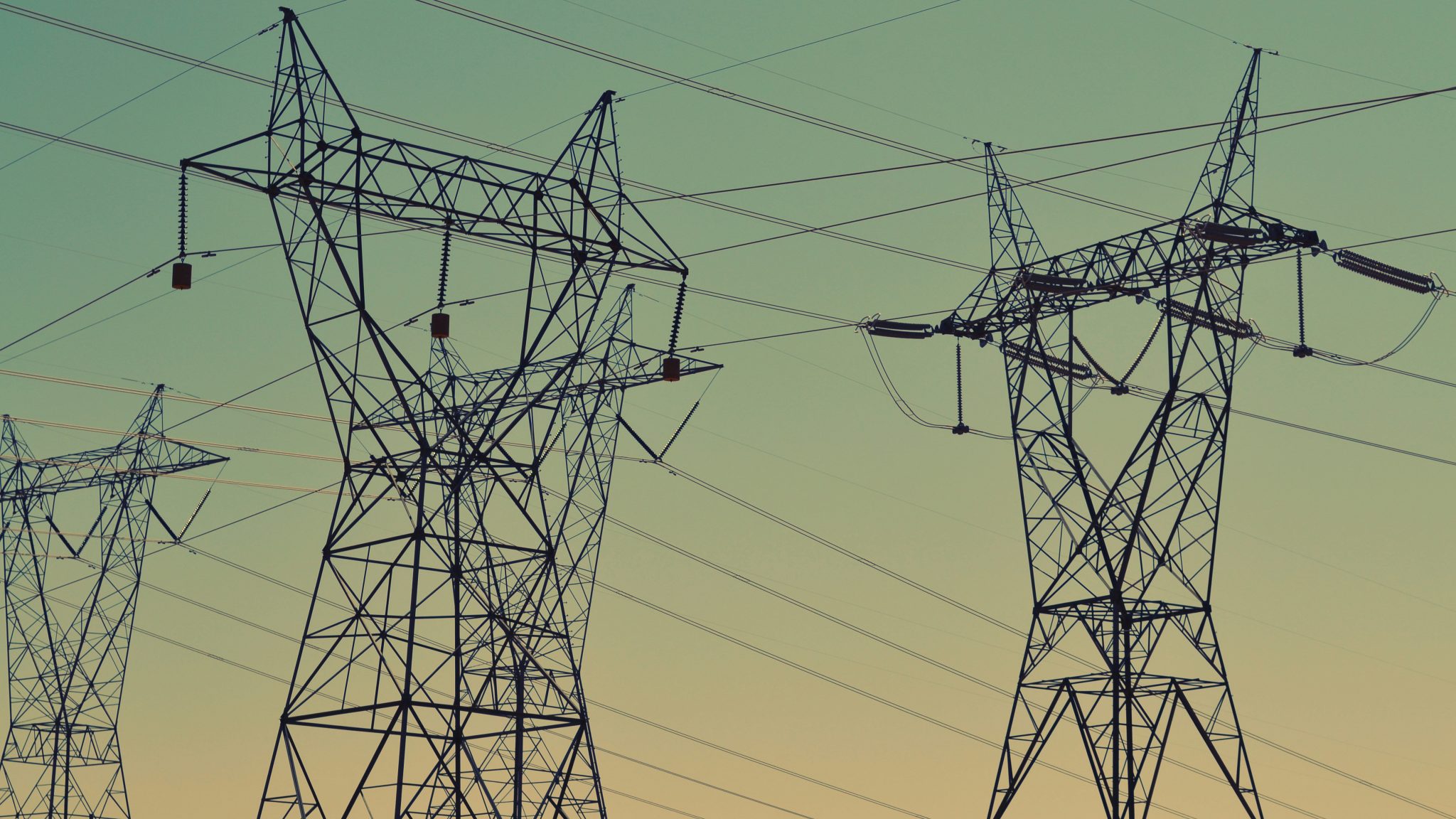- Category: Article
The government wants to raise the penalties for fraud and corruption in EU funds. It wants to prevent the freezing of the EU funds and problems with the Recovery Plan. There are still ongoing disputes over RTVS, protection of whistleblowers, NGOs and changes in NAKA.
- Category: Article
The problem with populists is that they polarise the society. I would say it is Fico's fault that the emotions of the public are so exacerbated and that they leas to the situations as the assassination, says RENATA MIEŃKOWSKA-NORKIENE in an interview.
- Category: Article
The EU wants to give the states the tools and guidance to deal with the next energy crisis. New rules protect vulnerable groups and support storage sites, writes Chief Executive Officer (CEO) of Fuergy Radoslav ŠTOMPF.
- Category: Article
Catastrophic events are increasing in our geographic area – floods, sudden rainfall, droughts as well as forest fires are more frequent. We know from the climatologists that the consequences of extreme weather swings will be more costly in the future, says Mária Kamenárová, chairwoman of the Slovak actuaries.
- Category: Article
Slovakia needs to set rules by summer to ensure that renewable sources are introduced quickly and without bureaucracy, but instead it is actively blocking them, state NGOs as well as green energy producers. Electricity from wind and sun is demanded by companies that bring investment and jobs, adds SPP.







